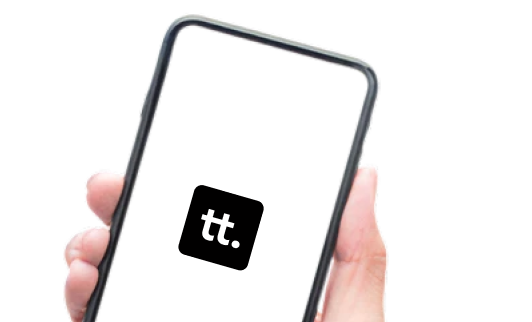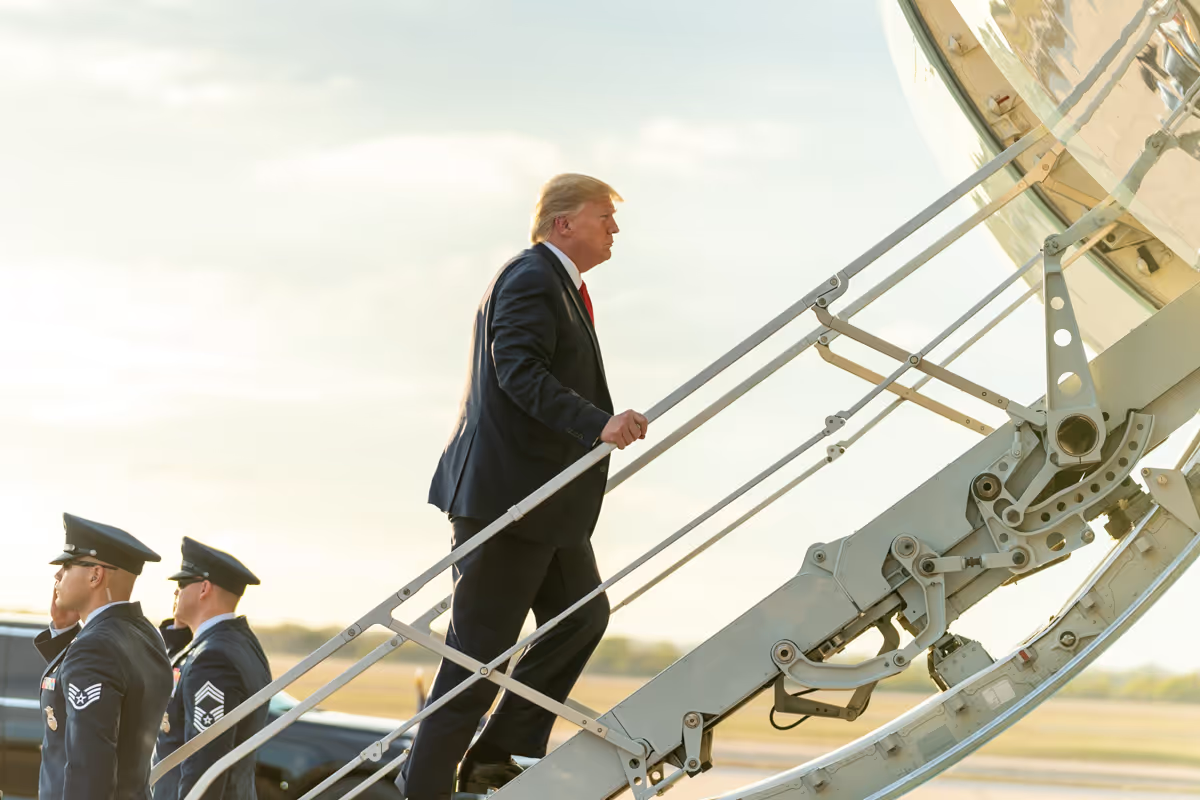Thinktanker Summary
- William A. Galston at Brookings assesses the impact of first presidential debates since 1976, noting their significant but delayed effect on voter preferences, often detracting from the incumbent or their party.
- Recent debates show a 2.8 percentage point average voter shift, critical in tightly contested elections. Following the Biden-Trump debate, Biden's standing dropped 2 points, heightening the challenge of securing necessary electoral votes.
Overview:
This article was written by William A. Galston at Brookings.
- The first presidential debate of 2024 has resulted in a noticeable shift in voter preferences, increasing former President Trump's lead by 2 percentage points.
- President Biden faces compounded challenges from previous issues that have negatively impacted his public standing, which were intensified by his debate performance.
Key Quotes:
- “Since 1976, the first debate of a presidential year has shifted voters’ preferences by an average of 2.4 percentage points during the two weeks following the debate, almost always against the incumbent president (or the incumbent’s party when the president is not running for reelection).”
- “In the past three presidential elections, the first debate has moved voters’ preferences by an average of 2.8 percentage points. And because we are closely as well as deeply divided, with elections decided by small margins, changes of this size can be decisive.”
What They Discuss:
- The 2 percentage point shift toward Trump is significant and has altered the dynamics between the candidates. Trump's lead grew from 1.5 points before the debate to 3.5 points afterward.
- Due to larger margins in Blue states, Democrats require a substantial lead in the popular vote to win the Electoral College. Biden's 4.5-point margin in 2020 was barely enough to secure victory.
- Post-debate, Biden's situation demands an improvement of at least 5 points in the popular vote to ensure an Electoral College win.
- The debate exacerbated existing problems for Biden, including doubts about his age and leadership capabilities, high prices, and immigration issues.
- Biden's inability to effectively defend his record has heightened concerns and has not stemmed the calls within his party for him to withdraw from the race.
What They Recommend:
- The article does not directly provide policy recommendations but highlights the necessity for Biden to address his weaknesses and public doubts.
- It implies an urgency for a strategic turnaround to regain voter confidence and secure his position in the race.
Key Takeaways:
- The first debate has significantly impacted voter preferences, favoring Trump by enhancing his lead.
- President Biden needs a considerable boost in the popular vote to win the Electoral College, compounded by existing public doubts and criticisms.
- The debate has only intensified the challenges facing Biden, putting additional pressure on his campaign to find effective solutions swiftly.
This is a brief overview of the article by William A. Galston at Brookings. For complete insights, we recommend reading the full article.










